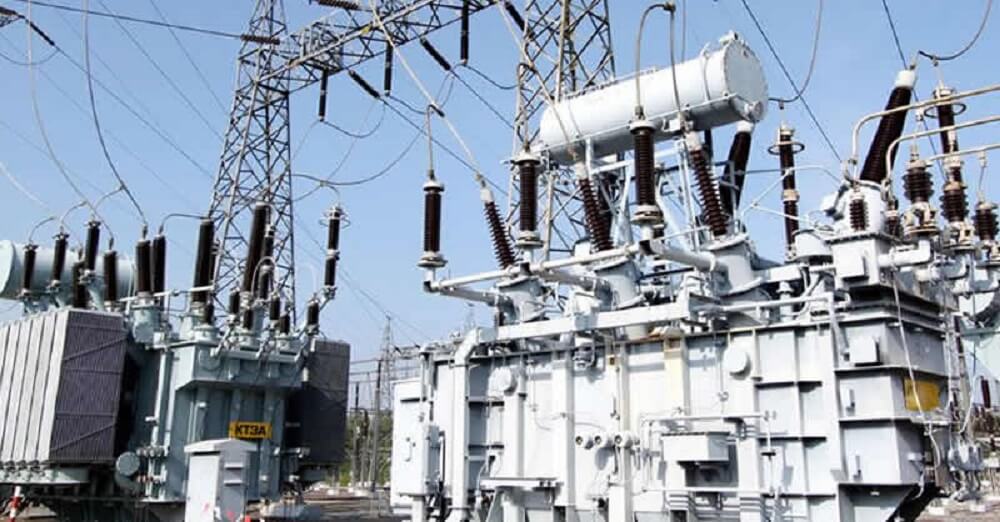Two years after the federal government signed the Power Project deal with German firm, Siemens under the Presidential Power Initiative, the sum of $100m has been paid as part of Nigeria’s counterpart fund for the project.
The $100m when converted to the Naira using the official exchange rate of the Central Bank of Nigeria translates to about N41.6bn.
Advertisement
The Chairman, Senate Committee on Power, Senator Gabriel Suswan, disclosed this at the Nigeran Oil and Gas conference during his presentation on “Developing the power sector policy for an emerging economy.”
German company, Siemens had launched a 25,000-megawatt Presidential Power Initiative to revamp Nigeria’s power sector.
The Company and the federal government in 2020 entered into the power infrastructure revamp agreement, which aims to increase Nigeria’s electricity generation to 25,000 megawatts in six years.
The $2bn Siemens deal is structured in three phases. The phases are to take the country’s grid operational capacity from less than 5,000mw to 7000mw by 2021; increase the capacity to 11,000mw by 2023 and achieve total operational generation and national grid capacity to 25,000mw by 2025. The deal is expected to save Nigeria over $1bn annually.
Speaking on the initiative, Suswan, a former Governor of Benue State said the Minister of Power, Mr. Abubakar Aliyu, revealed the payment to the Senate committee during a meeting with them last Tuesday.
Advertisement
He explained that the payment was made by the federal government to quickly activate the contract, so that the power deficit, which has militated against proper servicing of the industry will come to an end.
He said, “The government has paid that $100m for the project so that someone can quickly activate that contract, so that the power deficit, which has militated against proper servicing of the industry will come to an end.”
He expressed optimism that with the implementation of the Siemens deal, the persistent issue of grid collapse will soon be over.
“And so, this issue of grid collapse will become a thing of the past. We will be able to address the issues, fix the infrastructure, and then we’ll increase power supply to about 7000 megawatts as it stands now,” Suswan added.
Nigeria’s power grid had collapsed six times in the first half of this year, thereby worsening the power sector woes in the country.
Advertisement
The grid collapsed once in May, once in June and then twice in March and twice again in April this year.
The power generation on the system had continued to fluctuate due to various concerns such as gas constraint, water management challenges, gas pipeline vandalism, among others.
ENDS



